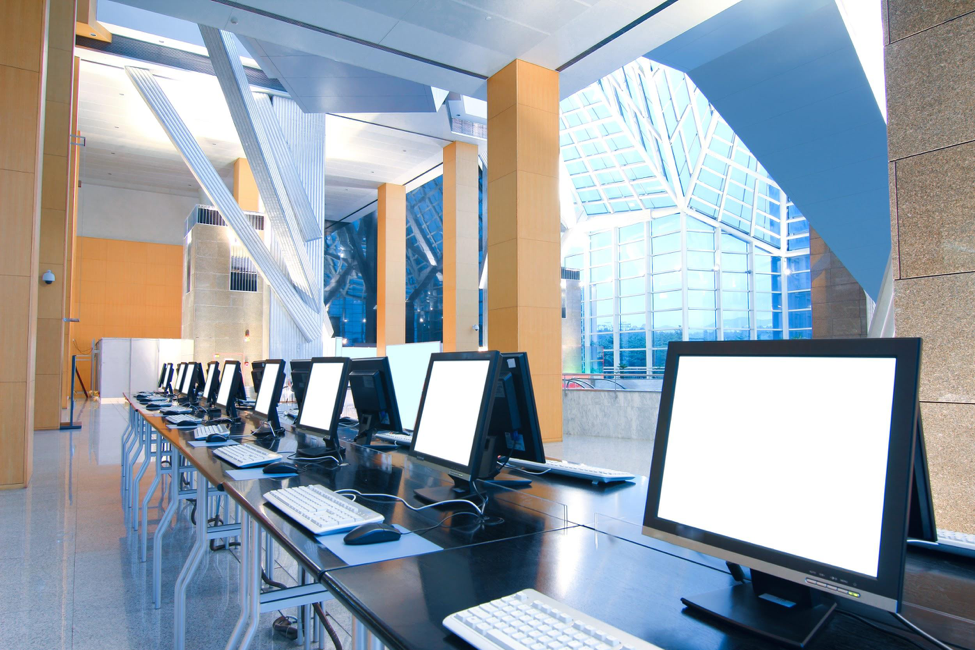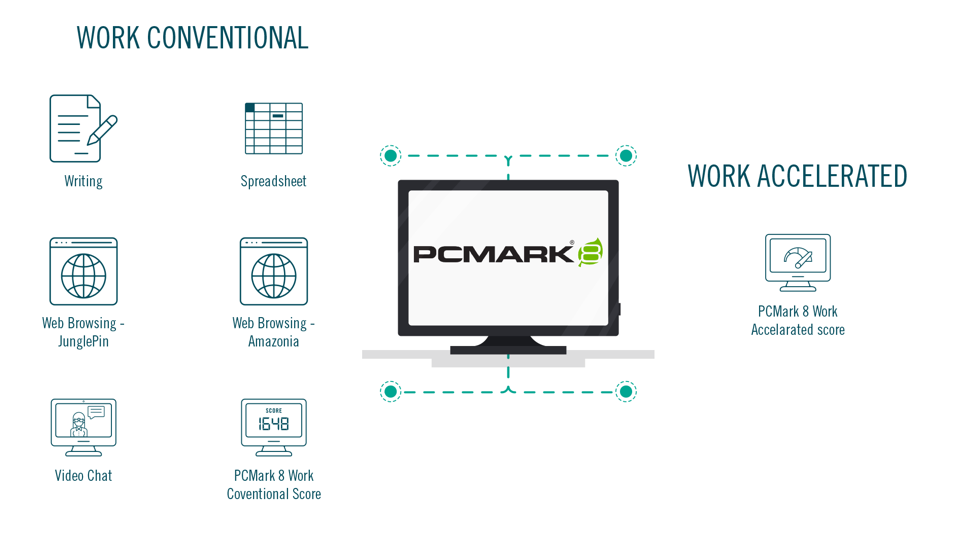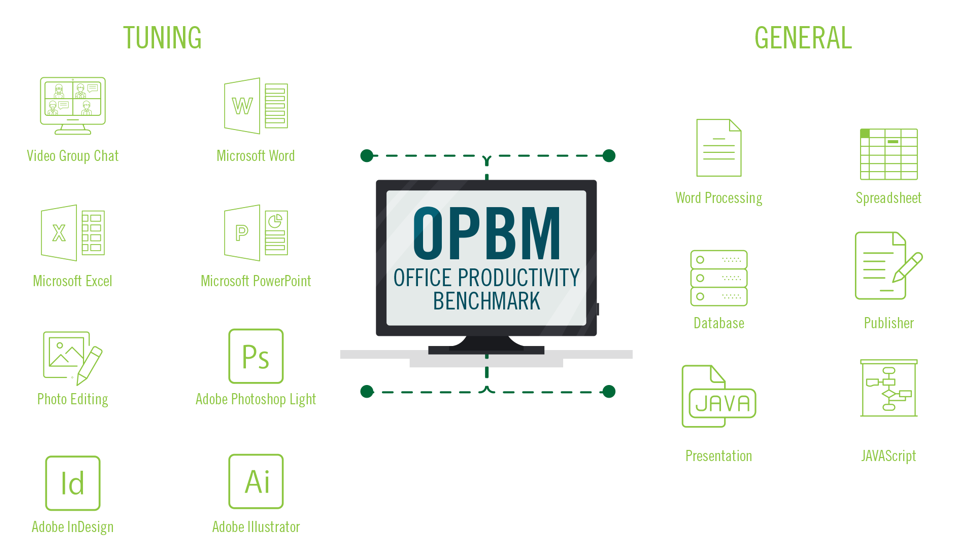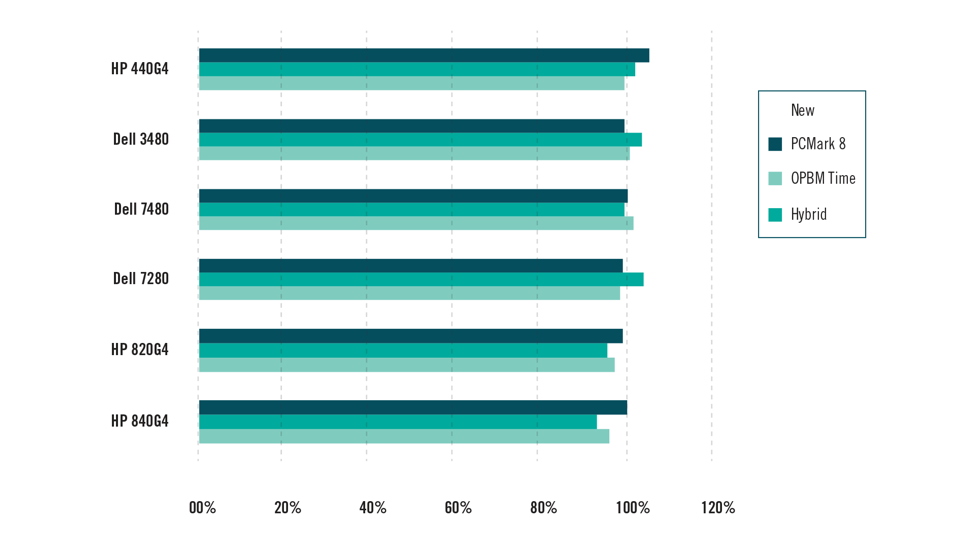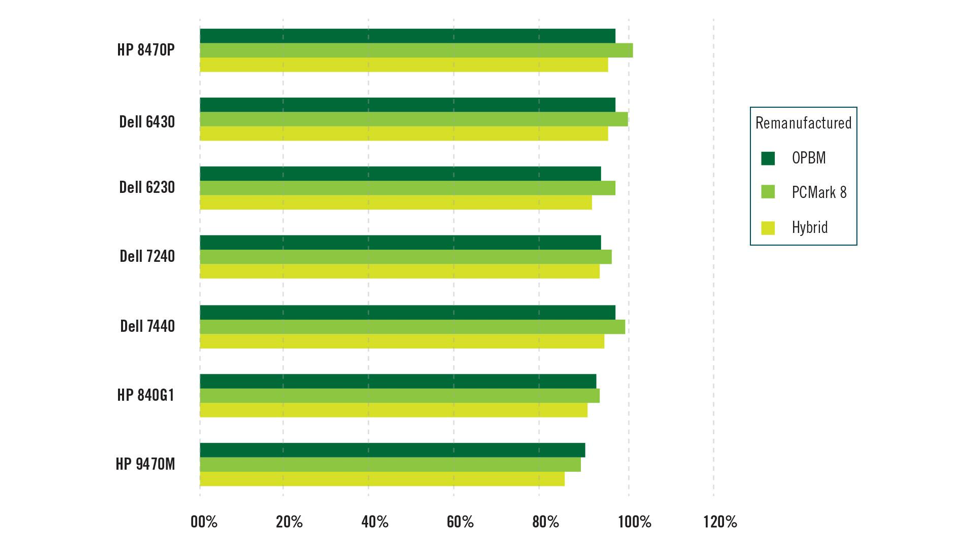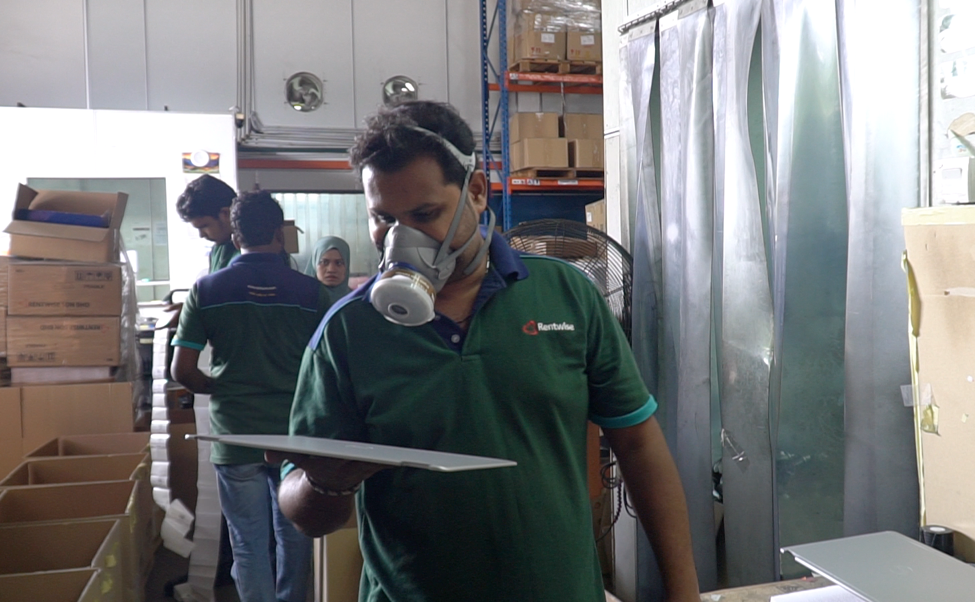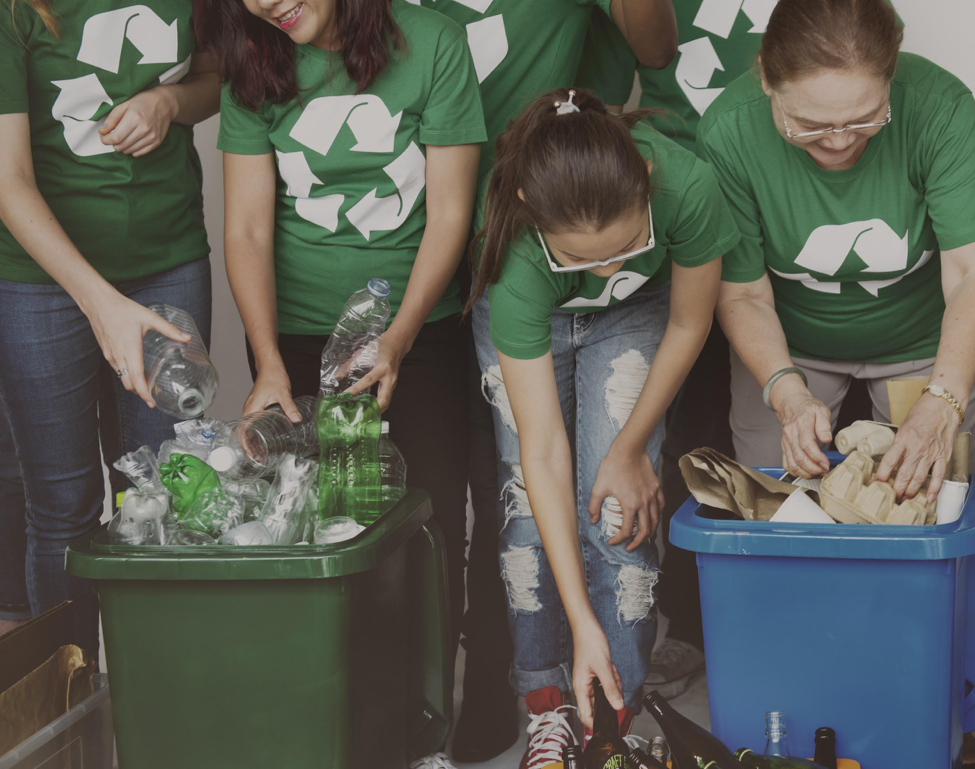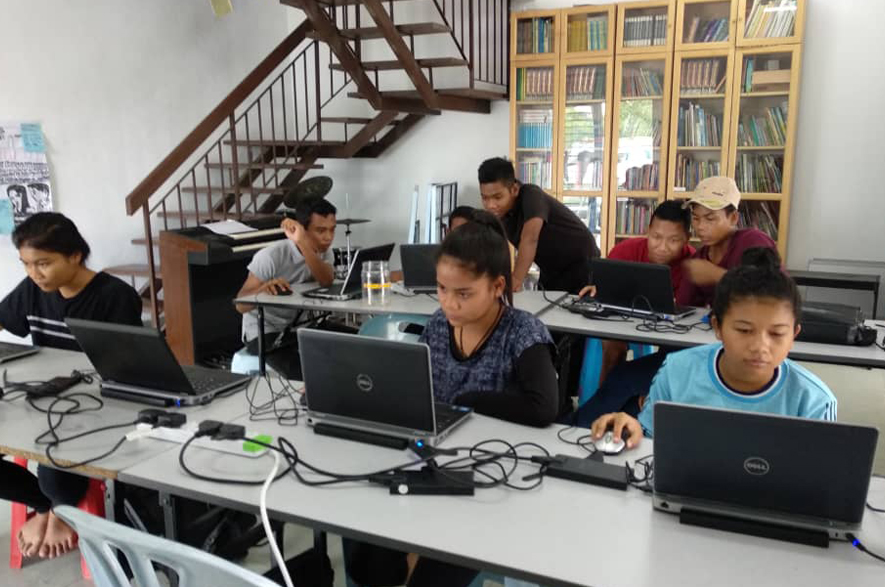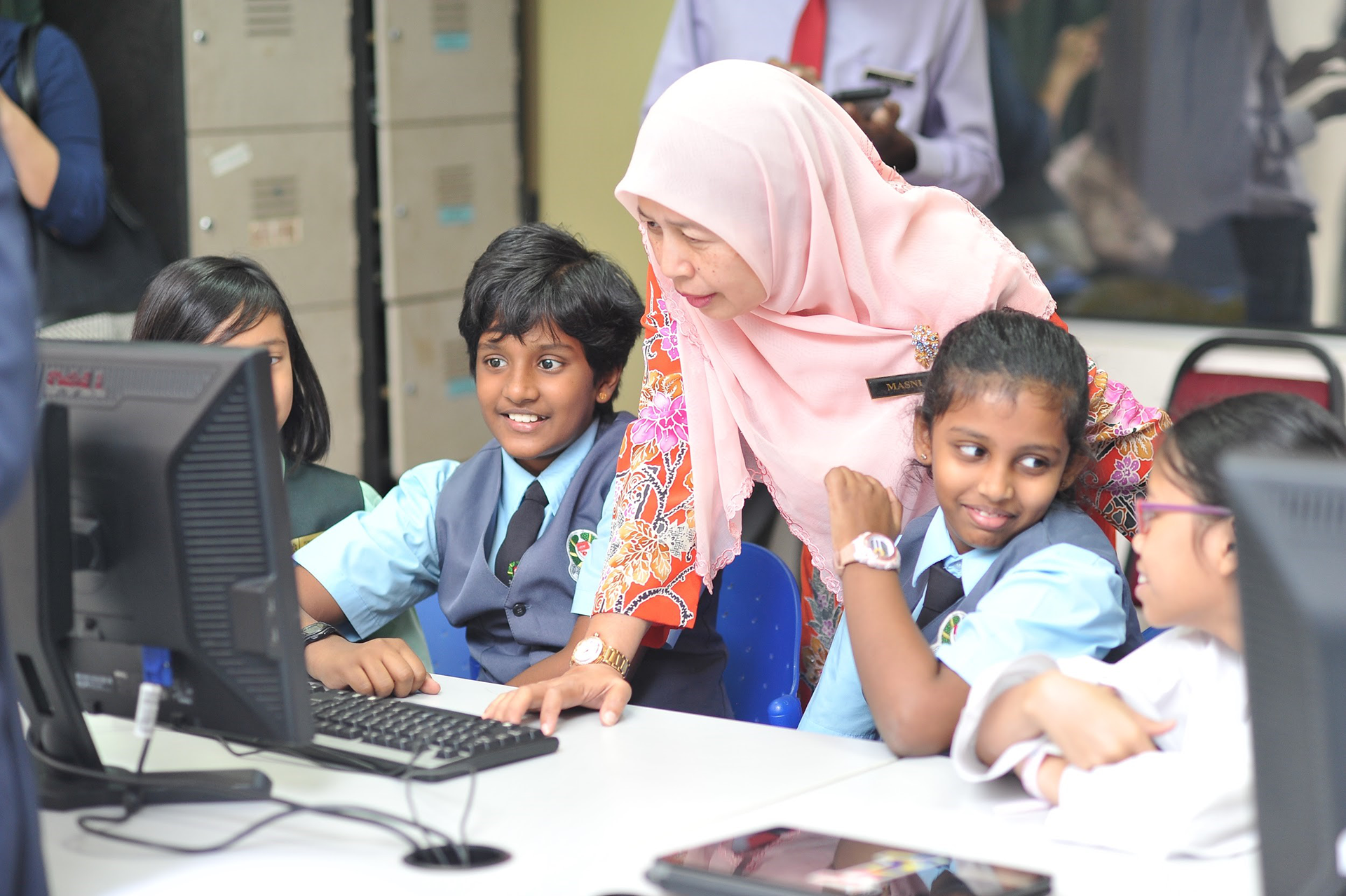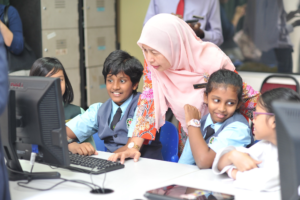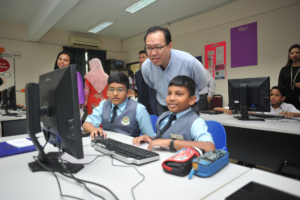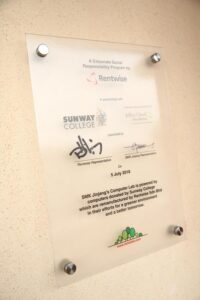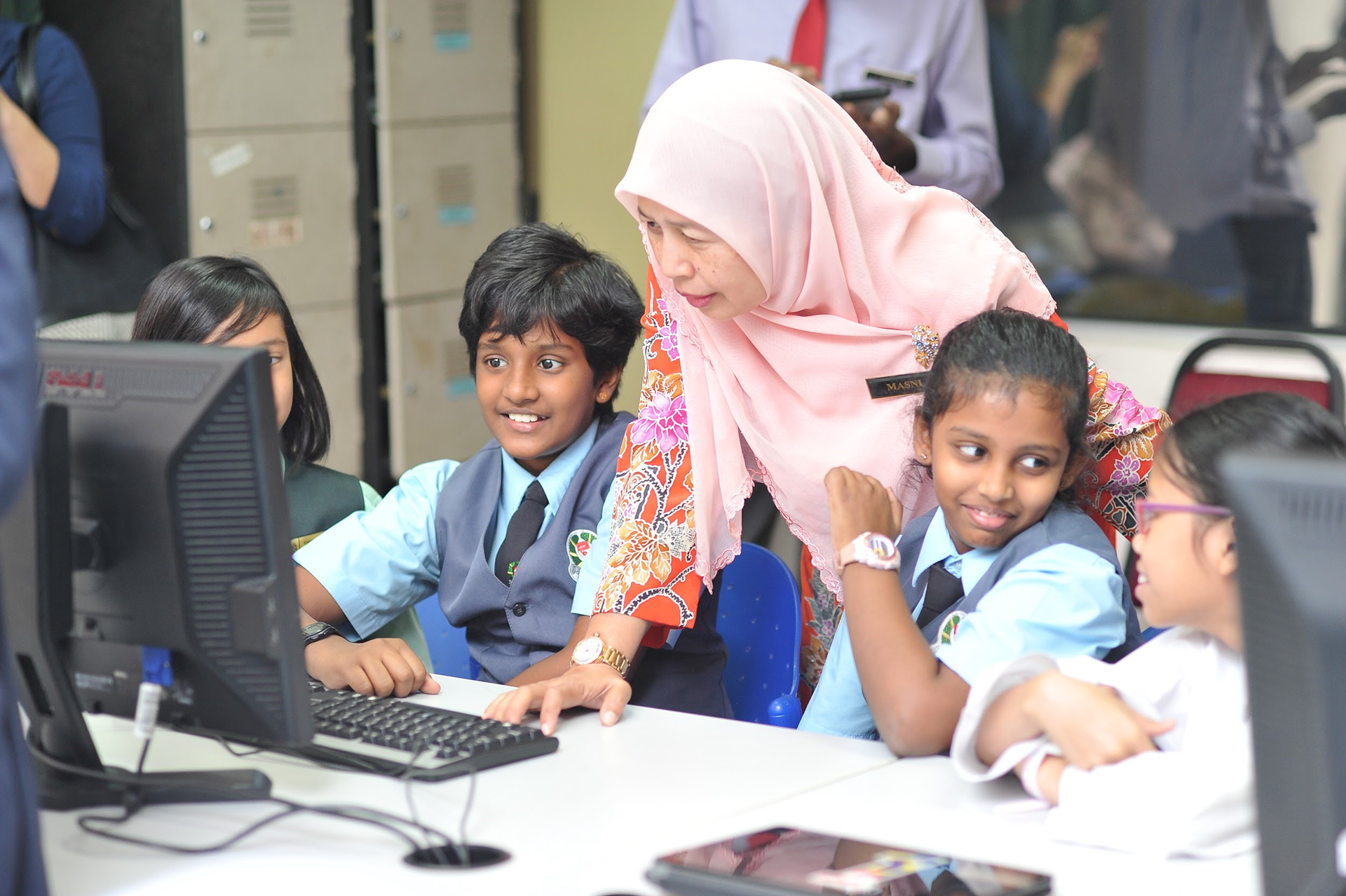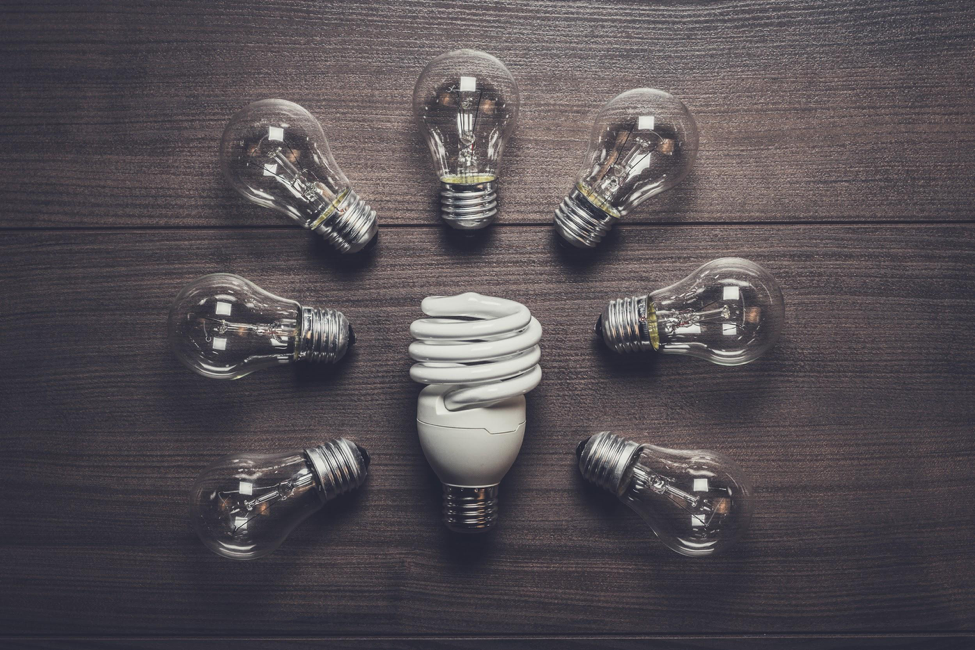
Green information technology, also known as Green IT, is the practice of environmentally sustainable computing. The concept of Green IT emerged in 1992 when the U.S Environmental Protection Agency launched Energy Star, a labeling program that helps people and organizations save money and reduce greenhouse gas emissions by identifying factories, office equipment, home appliances and electronics that have superior energy efficiency.
United Nations University (UNU) reported that out of the 50 million tonnes of e-waste generated globally, only about 20% is recycled properly, meaning an astounding 80% either end up incinerated or in landfills and rivers. It pollutes the land, water and air, resulting in serious health hazards as witnessed in Africa continent countries.
While recycling is an option, it is not the absolute solution to e-waste. To diminish e-waste, we must first reduce and reuse, that is the reason why those two come before ‘recycle’. Most businesses these days operate with information technology (IT) and many of them are beginning to consider going Green as they realize that sustainable practice is beneficial in many ways.
Adopting Green IT can, most importantly, help your company save money. Regular PC power management software can cut energy cost up to 6 to 7-figures annual savings for large companies. This can mean a 5 to 15% reduction in overall, company-wide energy consumption. Not to mention, replacing office equipment can be time and cost-intensive. That is why making your existing equipment more energy-efficient is the best choice for your company and it is a fast and easy process too!
Manufacturing just one desktop computer and monitor takes roughly 530lb (240kg) of fossil fuel, 48lb (21.8kg) of chemicals, and 1.5 tonnes of water. In every 15 PCs, carbon dioxide (CO2) of a mid-sized car is being emitted each year. What’s more, the average PC consumes 588 kWh of electricity per year and wastes almost 400 kWh running at full-power when not in use. Putting a computer in sleep mode during inactive times can cut energy use on average 60 to 70% and up to 90% in aggressive scenarios.
As individuals, employees would feel a deep sense of pride working in an organization that does their part for the environment. They will feel proud that they’re helping to reduce the company’s carbon footprint and becoming a cost-saving and sustainability hero!
Practicing Green IT isn’t difficult. Everyone can start by simple steps like switching off unused equipment, turning off the computer or putting it in standby mode. Better still, switch to remanufactured PCs where used computers are transformed to “as new” condition with matching warranty. The fact is, up to 85% of carbon footprint is produced during the manufacturing process, as reported by University of Michigan. This is reiterated by Ernst & Young that up to 225kg of carbon is reduced when a computer is remanufactured.
Rentwise has been practicing Green IT for over 18 years supporting our clients in their IT asset lifecycle management, freeing them from non-core tasks and allowing them to focus on value-creation activities for their business. With Rentwise, you can be assured of preserving mother earth for our future generation and yield profitable returns in the process.




